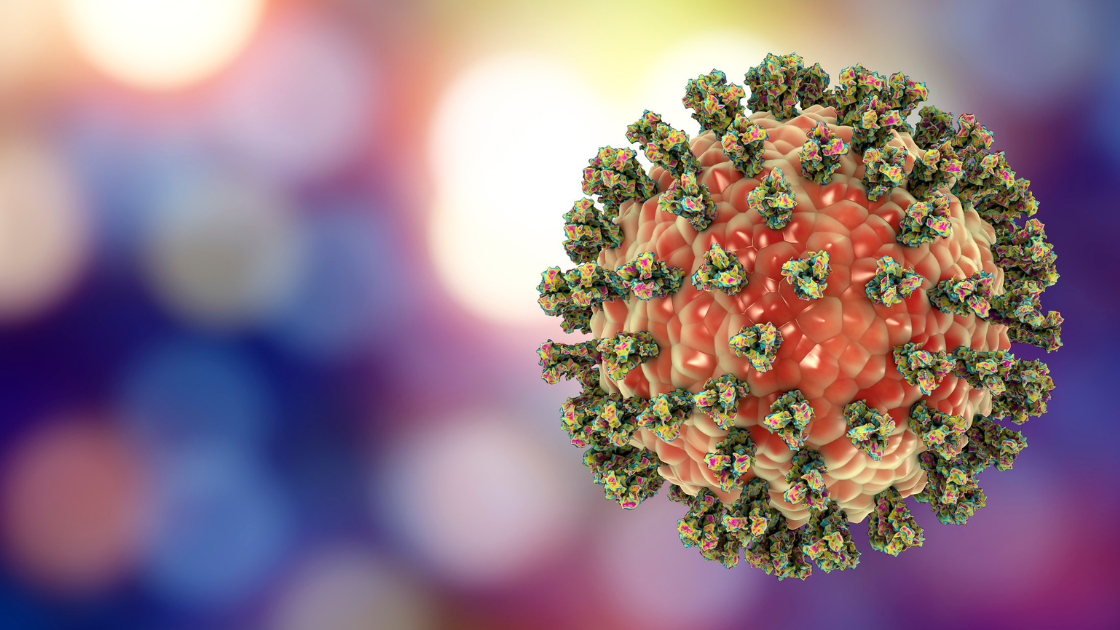Antifungal treatments are an important part of healing mold illness.
Presented by Immanence Health
Written by Dr. Irina Strelyuk
Antifungal treatment is an important part of healing from mold illness and is a necessary step for a full recovery. The beauty of using natural antifungal remedies, compared to pharmaceutical prescription antifungal medications is that in addition to their antifungal properties these remedies have lots of other ways of supporting the body.
There are many different natural antifungal remedies. This articles looks at three of my favorite ones.
Olive Leaf
Olive leaf comes from the olive tree. One of the main bioactive compounds found in olive leaf is oleuropein and it has been found to be responsible for the numerous health benefits of this plant. The olive plant produces oleuropein to protect itself from insects and disease and has antifungal, antiviral, and antibacterial properties.
Exposure to mold makes people more susceptible to viral infections such as Epstein-Barr virus (EBV) and olive leaf can help address the chronic viral infections by supporting the immune system while at the same time protecting the body from mold and mycotoxins.
Other benefits of olive leaf are its anti-inflammatory properties, its ability to help lower blood sugar and blood pressure, and its neuroprotective effects.
I find olive leaf to be gentle enough to be tolerated by most of my more sensitive patients.
Ozone
Ozone is a form of oxygen that is responsible for the smell in the air after a thunderstorm. The ozone molecule contains three oxygen atoms (O3) compared to the oxygen we breathe, which contains two oxygen atoms (O2). This third oxygen atom makes ozone extremely reactive and when ozone enters the body it creates free radicals (oxidative stress).
We have been taught that free radicals are always bad, however, if ozone is used in the correct dose and amount this oxidative effect is beneficial for us and helps the body become stronger. At the same time ozone has harmful effect on pathogens such as molds, viruses, bacteria and parasites and prevents them from being able to survive.
In addition to the antimicrobial properties, ozone can help increase energy production, aid with wound healing, decrease inflammation and improve circulation and brain function.
Therapeutically, ozone can be used in a lot of different ways depending on the goals of the individual. For treatment of mold illness I often use ozonated oils orally or as rectal suppositories, and ozone administered intravenously (IV). Other ways to use ozone include insufflations (ear, nasal, rectal, vaginal), ozone bagging (putting an ozone-filled bag sealed around an extremity), ozone cupping and injections.
Keep in mind that ozone should never be inhaled as it can irritate the airways and cause lung injury and can potentially be fatal if inhaled.
Berberine
Berberine is a bright yellow compound that can be found naturally in many different plants including goldenseal (Hydrastis canadensis), Barberry (Berberis vulgaris), and Oregon grape (Berberis aquifolium).
Plants containing berberine have been used in traditional Chinese and Ayurvedic medicine for thousands of years for their properties against various pathogens including fungi, bacteria, parasites and viruses.
This plant extract is often used for treating gastrointestinal infections, including fungal infections in the gut such as Candida. Plus berberine can help improve insulin sensitivity, lower blood sugar (some studies suggest it works just as well as Metformin), support heart heath, help reduce blood pressure and cholesterol, and much
more.
I do find it can be too strong for some of my more sensitive patients and the dosing needs to be adjusted based on tolerance. In some people berberine may also cause nausea, upset stomach, diarrhea and
potentially too low blood sugar.
Dr. Strelyuk specializes in Complex Chronic Illness, Mold and Mycotoxin Illness, Vector-Borne Illness, Immune Dysfunction, and Health Optimization.
A typical patient for Dr. Strelyuk is someone who has already seen several doctors and specialists. A person with relatively normal lab results that do not match the long list of symptoms they are experiencing, as well as individuals who tend to be more sensitive to various treatments including herbs, supplements, and homeopathic remedies.
In addition to working with people with chronic illnesses, Dr. Strelyuk enjoys supporting individuals who are interested in preventative medicine and in optimizing their health before symptoms appear.
To learn more about working with Dr. Irina Strelyuk in person or virtually (US and Worldwide), set up a free discovery call with our team.
Disclaimer: this post is for informational purposes only and is not meant to treat, diagnose, cure, or prevent any disease. Please do your own research and consult with your own personal licensed health care provider before making any treatment decisions.
Share Article

Dr. Christine Schaffner
Founder / Physician
Dr. Schaffner is a board-certified Naturopathic Doctor and recognized thought leader. After graduating from Bastyr University in Seattle, Washington, Dr. Schaffner completed her undergraduate studies in Pre-medicine and Psychology at the University of Virginia in Charlottesville.
With her diverse skill set, Dr. Schaffner seeks to improve access, outcomes, and speed of recovery for patients struggling with chronic illness, from all around the world and combines both naturopathic and conventional therapies to develop individualized treatment plans that focus on addressing the underlying cause of complex chronic illness.
Dr. Schaffner is passionate about educating patients, as well as other practitioners, bringing the most advanced medical protocols to all, as well as creating spaces for healing and rejuvenation. Her style of practice is strongly rooted in traditional naturopathic principles, including removing toxins and establishing a strong health foundation in order to achieve optimal health.
You can learn more about Dr. Schaffner at www.drchristineschaffner.com.
Additional Articles


